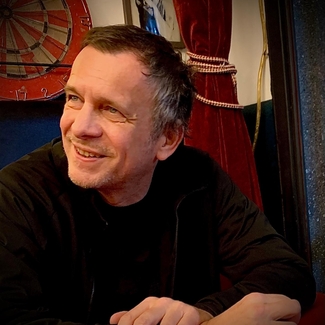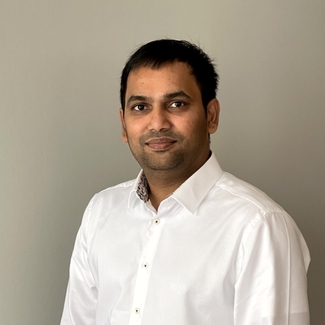Audience Science applies citizen science concepts to culture and creativity, addressing the significant data volumes generated when creative work is experienced. The project proactively includes audiences in shaping use cases and models, focusing on understanding and care rather than extraction or exploitation. Data can be actively collected through interactive platforms, gamified environments, augmented reality participation, and feedback channels, or passively obtained through tracking technologies and behavioural analysis. Although traditionally considered secondary, audience data now plays significant roles in interpreting distributed creative processes and reconfiguring agency. This enables artists and makers to model potential behaviours and discover hidden meaning layers in their work and reception. This enhances divergent thinking and reveals unexpected interpretive dimensions creators never anticipated. Audience Science renders collective intelligence receptive to situated knowledges as creative works move between disciplines and cultural spheres, aiding cross-cultural transpositions while amplifying marginalized voices that might otherwise remain unheard in predominant cultural narratives. Rather than positioning audiences as passive recipients, Audience Science acknowledges them as interpretive and inventive agents whose contributions to larger, networked settings can drive real-time artwork evolution through interaction. Audiences organically assemble collaborative, yet not collective, narratives with symbolic impact, claiming semantic agency by negotiating and redefining what societal institutions represent. This transforms static creative objects into dynamic, responsive processes that adapt through ongoing engagement. It also contributes directly to AI model alignment by feeding participatory data into adaptive systems, ensuring cultural values and creative diversity inform future infrastructures. PRELIMINAL uses Audience Science to give audiences control over their data through consent-based collection, transparent provenance, opt-in reuse, and participatory alignment.
Prof. Albert Lang holds a professorship for Technological Systems in Design and heads the programme Design & Computation between UdK and TU Berlin




